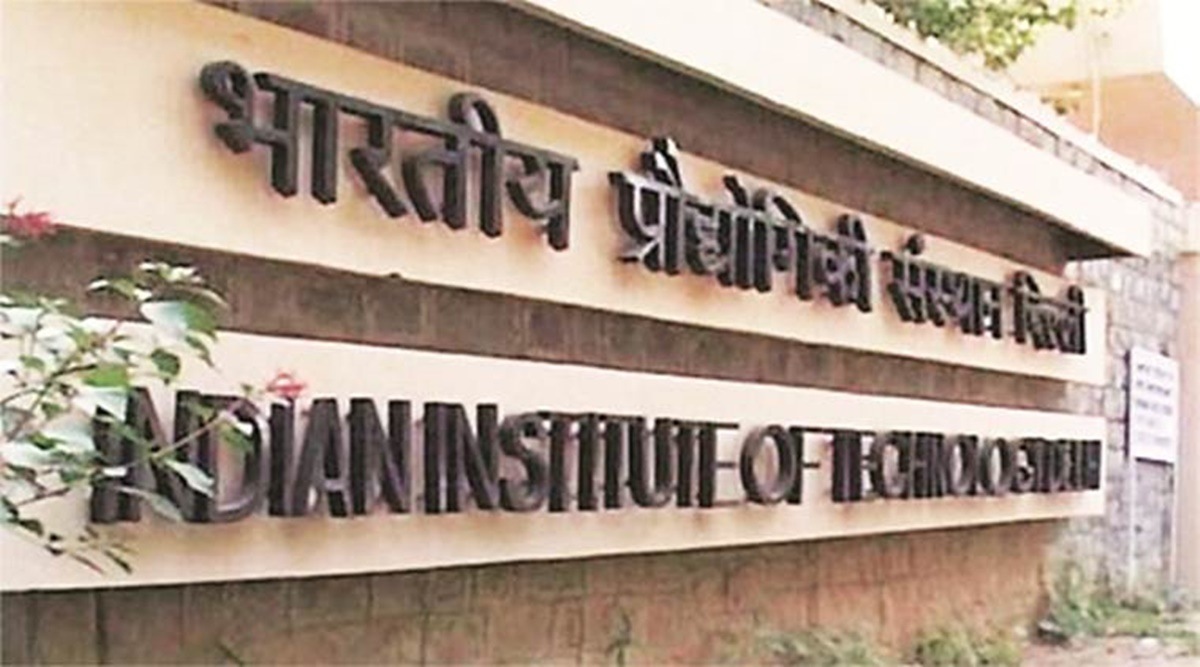Govt panel recommends overarching agency to grade varsities, including IITs
Led by Radhakrishnan, who is also the chairperson of the IIT Kanpur Board of Governors, the committee had IIM Ahmedabad Director Bharat Bhasker and Vice-Chancellor of Assam’s Mahapurusha Srimanta Sankaradeva Viswavidyalaya Mridul Hazarika as members.
 The committee has noted that the report will now be circulated among all the 23 IITs, and taken up in the next meeting of the IIT council, which is the apex consultative body of the premier engineering institutes.
The committee has noted that the report will now be circulated among all the 23 IITs, and taken up in the next meeting of the IIT council, which is the apex consultative body of the premier engineering institutes. A Union government committee has recommended that the Indian Institutes of Technology (IITs) be brought under the ambit of a proposed overarching agency that will be tasked with grading all higher educational institutes and courses across the country by the end of this year.
According to the report of the committee, led by IIT council standing committee chairperson K Radhakrishnan, the recommendation has received “in-principle” approval from the IITs, which have so far never been accredited by the National Assessment and Accreditation Council (NAAC), which is the existing agency that grades India’s colleges and universities.
“Currently, IITs follow their internal systems for periodic peer evaluation and assessment of programmes. For bringing in all IITs under the ambit of the unified accreditation process and-principle adoption of the National Credit Framework, a presentation of the proposed reforms was made to the Council of IITs in its 55th meeting held at IIT Bhubaneswar on 18 April 2023,” states the report, made public on Friday.
Led by Radhakrishnan, who is also the chairperson of the IIT Kanpur Board of Governors, the committee had IIM Ahmedabad Director Bharat Bhasker and Vice-Chancellor of Assam’s Mahapurusha Srimanta Sankaradeva Viswavidyalaya Mridul Hazarika as members.
Set up in November 2022, the panel also held consultations with the UGC, AICTE among other bodies. The committee has noted that the report will now be circulated among all the 23 IITs, and taken up in the next meeting of the IIT council, which is the apex consultative body of the premier engineering institutes.
The committee has also made several other recommendations, including the adoption of an “adapted Binary Accreditation System”. Currently, NAAC follows an eight-point grading system under which institutes are rated A++, A+, A, B++, B+, B, C and D based on data submitted by institutes and their verification by expert teams during campus visits.
This is important as a committee set up by former NAAC chairperson Bhushan Patwardhan had flagged irregularities in the prevailing system, particularly with respect to such expert teams.
Before resigning on March 5, Patwardhan had written to UGC Chairman M Jagadesh Kumar expressing apprehension about the “possibility of vested interests, malpractices, and nexus among the persons concerned…leading to the awarding of questionable grades”.
The committee has suggested that under the new system, institutes be certified as “Accredited” or “Not Accredited (for those who are far below the standards for accreditation)”. A separate category of “Awaiting Accreditation” will cover institutes which are “close to the threshold level” or accreditation. The committee has also proposed that the entire accreditation process be made less dependent on inspections by teams of experts by adopting the mechanism of “crowdsourcing”, noting there are “concerns on subjectivity in the processes”.
The idea now is to get the inputs submitted by the institutes vetted by a “carefully chosen set of audience with diverse association with the concerned institutes” which may “include students (including PhD and postdoctoral scholars), faculty, staff, alumni, official visitors such as selection committee members, employers of the students, internal experts and agency-appointed experts”.
To be sure, the committee has also observed that even with the implementation of “rigorous crowdsourcing, a physical/virtual verification of data by experts on a smaller sample is recommended”. But it has added that in the event of “inconsistencies between the claims (made by institutes) and expert review”, strict punitive measures be taken.
Lastly, the Radhakrishnan committee, which held six meetings between November 2022 and April 2023, has proposed that instead of having separate bodies for accrediting institutes and courses, one overarching agency be set up. The proposed National Accreditation Council (NAAC), envisaged by the NEP, should also subsume the National Institutional Ranking Framework (NIRF), which ranks higher education institutes.
The educational system should make transition to the proposed accreditation regime by December 2023, the committee has added, suggesting that the broad recommendations be accepted and enforced by the end of the year even if the NAC is set up later.
The “low level of willingness of higher educational institutes to volunteer for this process continues to be a cause of concern”, it observed, while also flagging the “cumbersome and tiresome process” for collection of information sought by NAAC and other agencies.
- 01
- 02
- 03
- 04
- 05































